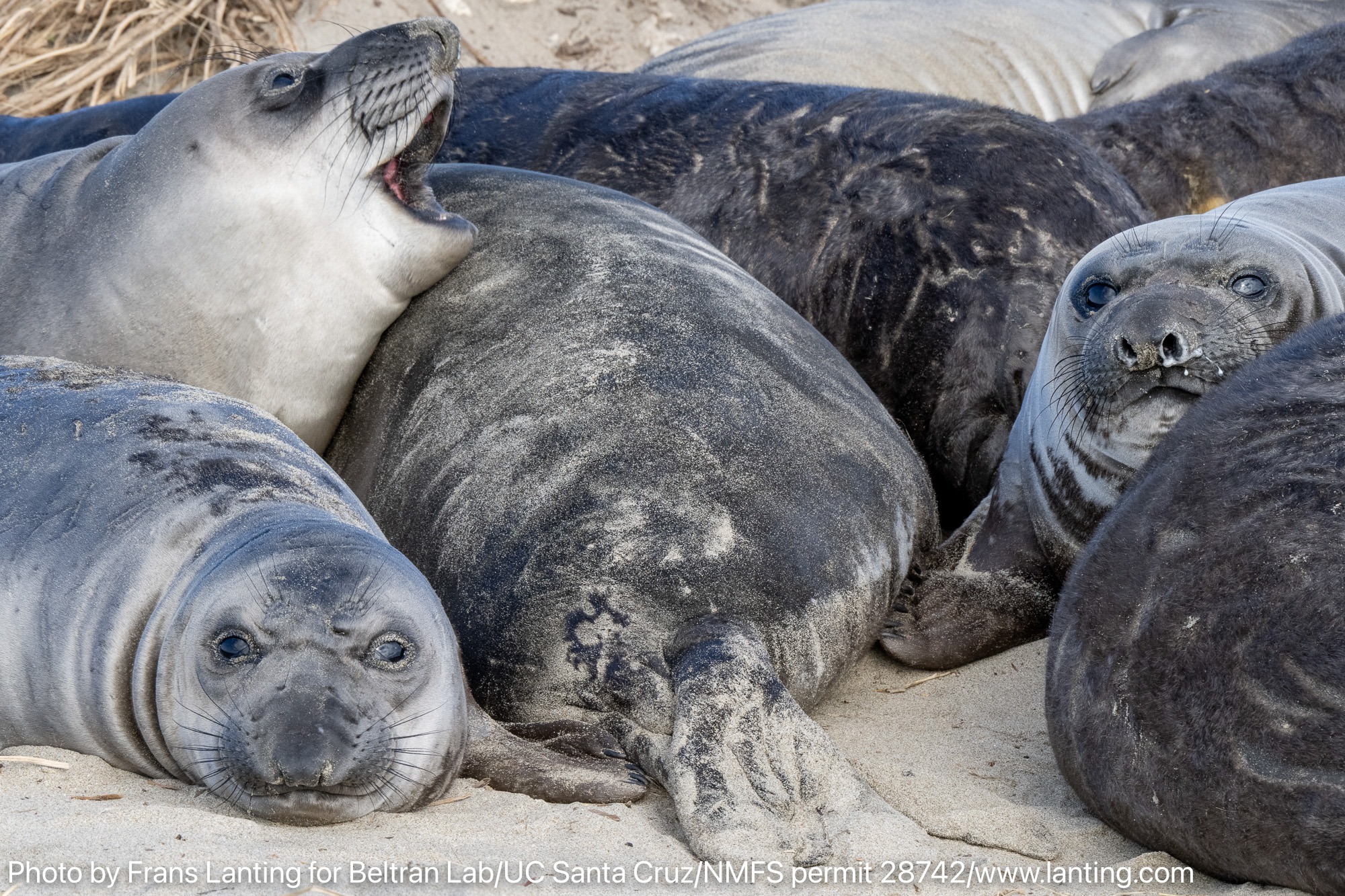If you felt like 2020 lasted forever but last year flew by in the blink of an eye, you're not alone.
Traumatic events, including lockdowns, George Floyd's murder, several natural disasters, and a tense election cycle, made for a long, stressful year.
“So all of these things, what my team calls 'cascading' or 'compounding collective traumas,' were occurring simultaneously, which kept a lot of people in this mode of very, you know, very staying on the present moment,” said E. Alison Holman, University of California, Irvine professor of nursing. “And what can happen in that situation is that that sense of time can be slowed.”

Why exercise can help us survive COVID-19 and other diseases
Exercise can be beneficial to myriad health issues, and medical experts say that is partly due to controlling inflammation within our bodies.
She says how we view the future says a lot about how we feel as time passes. When the future is uncertain, time slows down, she said.
In a survey from Holman’s research team, two out of three Americans reported feeling this during the first six months of the pandemic.
In 2022, we still had a lot of traumatic events happening across the country, but many Americans started to rebuild for the future.
Holman said with any traumatic event, you can improve your sense of time by starting small and just making plans for the following day.









